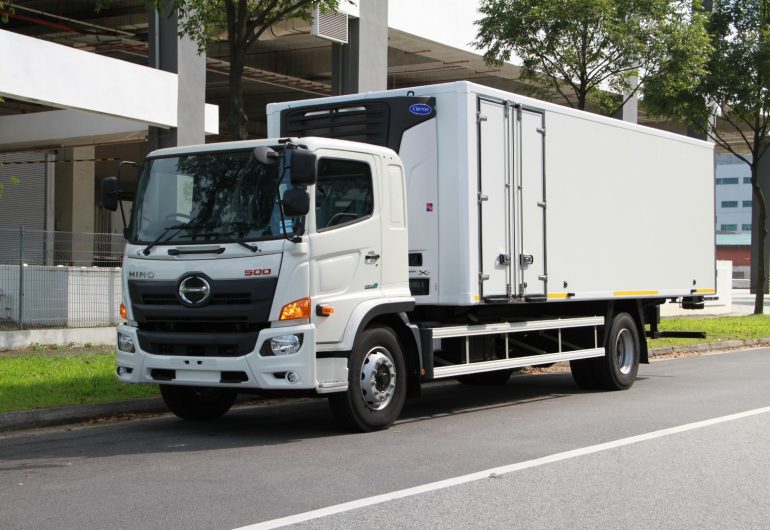In the world of modern logistics and transportation, refrigerated trucks stand as indispensable assets, ensuring the safe and reliable delivery of temperature-sensitive goods. But what exactly is a refrigerated truck, and how does it work?
At its core, a refrigerated truck, also known as a reefer truck, is a specially designed vehicle equipped with a refrigeration unit. Unlike standard trucks, these specialized vehicles feature insulated compartments that maintain specific temperature conditions, typically ranging from below freezing to above room temperature, depending on the cargo’s requirements.
The functionality of a refrigerated truck hinges on its refrigeration unit, which employs a complex system of compressors, condensers, evaporators, and refrigerants to regulate the interior temperature. The process begins with the compressor, which compresses the refrigerant gas, increasing its pressure and temperature. This high-pressure gas then flows through a series of condenser coils, where it releases heat and condenses into a liquid.
As the condensed liquid travels through expansion valves or capillary tubes, it undergoes a rapid decrease in pressure, causing it to evaporate into a gas once again. This phase change absorbs heat from the surrounding environment, effectively cooling the interior of the truck. The now-gaseous refrigerant returns to the compressor to restart the cycle.
Refrigerated trucks find widespread application across various industries, including food and beverage, pharmaceuticals, and healthcare. They play a critical role in preserving the freshness and quality of perishable goods during transit, ensuring they reach their destination in optimal condition.
From fresh produce and dairy products to vaccines and medicines, refrigerated trucks cater to a diverse array of cargo types with specific temperature requirements. For example, some trucks are equipped with multi-temperature compartments to accommodate different goods simultaneously, providing flexibility and efficiency in transportation.
Moreover, advancements in refrigeration technology, such as improved insulation materials, energy-efficient systems, and real-time temperature monitoring capabilities, have further enhanced the performance and sustainability of refrigerated trucks.
In conclusion, refrigerated trucks represent a cornerstone of modern supply chains, enabling the seamless transport of temperature-sensitive goods across vast distances. With their sophisticated cooling systems and versatile capabilities, these specialized vehicles continue to revolutionize the way perishable products are handled and delivered, ensuring freshness, quality, and reliability every step of the way.




